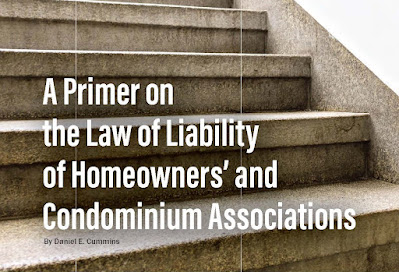According to the Opinion, the Plaintiff was a passenger in a vehicle being operated by the Defendant when the vehicle was struck by a tree located on a property next to the road. The Plaintiff sued the Defendant driver, the Defendant’s business, and the owner of the property where the tree was located, among other parties.
There was conflicting evidence about how the accident occurred.
The Defendant driver maintained that the accident happened as he was driving around a curve in the road and oncoming traffic crossed the centerline, forcing the Defendant driver to move his right in his own lane. The Defendant driver denied that his vehicle left the roadway.
However, in his 911 call and alleged statement to ambulance crew members, the Defendant driver allegedly stated that he had run off the road and that a tree had come through the door injuring the Plaintiff. There was also conflicting testimony as to whether there were any tire tracks off the roadway.
The Defendant property owner had testified that the trees on his property had been trimmed to ensure that they did not protrude over the road. Also, a local police officer who routinely patrolled the area confirmed that he did not observe any parts of a tree protruding over the road.
Additionally, the Plaintiff testified that the oncoming vehicle had moved back into its own lane of travel before encountering the Defendant’s vehicle and that the Defendant driver had approximately ten (10) seconds to respond after first seeing the other vehicle.
The court found that issues of fact, including on the issue of sudden emergency doctrine, required the court to deny the Defendant driver’s Motion for Summary Judgment.
Anyone wishing to review a copy of this decision may click this LINK.
Source: “Digest of Recent Opinions.” Pennsylvania Law Weekly (July 4, 2023).




























